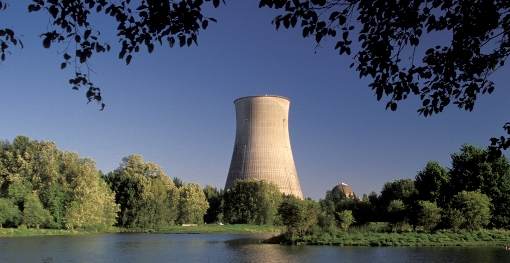
Photo: glowimages
In an interview with the Parkiet daily, Budzanowski said this week that “in today's circumstances it is not possible for the government to support the construction of a nuclear power plant.”
Although a final location for the construction had yet to be confirmed, in August 2012, the government declared its hopes that the first wing of the plant would be up and running by 2023.
Budzanowski's new standpoint has bewildered analysts.
“I'm very surprised by the official position taken by the Treasury Minister,” said Andrzej Sikora, head of Warsaw's Energy Studies Institute, in an interview with Polish Radio.
“Such power plants are never built anywhere without the backing of the state,” he said.
Meanwhile, Robert Zajdler from the Sobieski Institute, a think tank devoted to political and socio-economic issues, told Polish Radio that “this declaration is rather an indication of the state of the budget.”
Nevertheless, earlier this month, Professor Andrzej Kraszewski from Warsaw Polytechnic argued that “it will not be money or technical issues that decide where the plant will be constructed... It will be decided by whether such facilities will be accepted by the public living near [the proposed sites].” he argued.
State-owned power company Polska Grupa Energetyczna (PGE) has been engaged in a campaign aimed at convincing residents living near the three prospective sites on the Baltic coast (Zarnowiec , Gaski, Choczewo) that the project is a positive investment.
Meanwhile, with regard to Poland's overall plans to diversify its energy resources, thus cutting dependence on Russia, Budzanowski assured that Poland's bid to exploit its shale gas potential remains of paramount importance.
"Shale is a matter for today," he said.
"I am convinced that it is worthwhile to develop the shale project, regardless of the opinion of other European countries ," he said, alluding to arguments concerning whether the exploitation of shale gas is harmful to the environment. (nh)